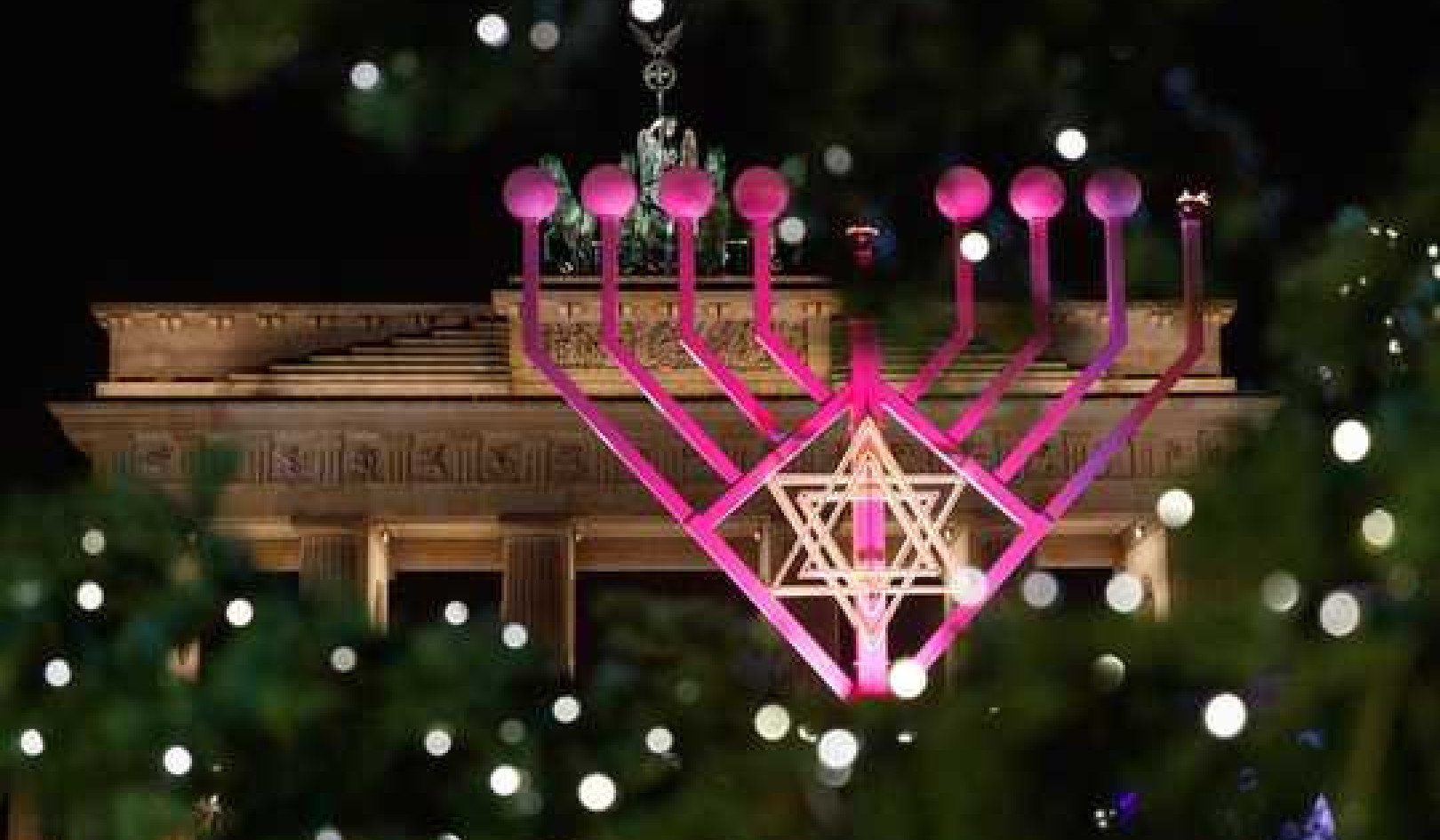
I am in awe of my mother’s faith in God. Despite the circumstances that life has inflicted upon her, she has remained committed to her Christian belief. I’m also in awe of the fervent faith that I’ve seen in friends of mine who are Buddhist, Muslim, or even those who choose to not give the divinity a name per se. Faith in the divinity is so easy to lose in a world that often seems like it’s falling apart at the seams, and those who continue to seek it out and experience it have my utmost admiration.
As I watch the role of religion in society, I’m confounded by the battle for ownership over the essence, the light, that is the divinity. The divinity (or God or the Universe or Allah or whatever you call it personally) is so much bigger, so much greater, so beyond our ability to perceive. I wonder how brash and assuming one has to be to claim that they can name and box-in such a powerful, almighty force. When I sit to pray, does it matter what I call the recipient of that prayer?
Can More Than One Religion Be “Right”?
Religions are human attempts at interpretations of something so far beyond our perception. God is powerful enough to be known in different ways to different cultures, to different people. Is the force that is the origin of all things not all-pervasive enough to allow for different interpretations? Can more than one religion be “right”?
This is not a knock on religion. In fact, this is a celebration of religions.
So many people in so many cultures have recognized a force beyond their immediate perception. They’ve named it and branded it. Sure, it’s human to classify–but they’ve recognized it. Seeing other religions celebrating their interpretation of something so intangible should give us more hope for the future, more faith in mankind, more love for the divinity which we strive so hard to interpret with these limited senses.
The Limitations of Language & Interpretation
Language—our reliance on words—is such a limiting factor. My English-speaking self has always been jealous of my Italian-speaking self in that the Italians have more nuanced ways to express love. I say ti amo to my lover but ti voglio bene to my mother.
The more passionate ti amo has some heat behind it, while ti voglio bene literally means something along the lines of I want good for you. The subtleties of meaning defy translation. In English, we have the catch-all I love you.
If two languages are able to have such diverse nuances for one concept, how can a human being even fathom accurately interpreting the divine?
Could it be that we all experience the same relationship with the divine but we simply are too limited (linguistically, emotionally, culturally) to be able to translate it in the same way? Americans certainly love passionately; they simply don’t have a word for that kind of love. Humans of all cultures certainly recognize the divinity; they simply have different linguistic and cultural interpretations of said phenomena.
Truth is that, as humans, we may not be able to name it accurately or come to any agreements in terms of interpretations. But take a minute today to recognize the divinity. Close your eyes, say a prayer, open yourself up to the unnameable. A rose, after all, is a rose is a rose. And boy, does it smell sweet.
About the Author
 Nancy Bolling helps women reveal their best selves by finding and manifesting their deepest desires. You can follow her blog and apply for a free coaching session at www.NancyBolling.com.
Nancy Bolling helps women reveal their best selves by finding and manifesting their deepest desires. You can follow her blog and apply for a free coaching session at www.NancyBolling.com.
Related Book
 It's Really All About God: How Islam, Atheism, and Judaism Made Me a Better Christian
It's Really All About God: How Islam, Atheism, and Judaism Made Me a Better Christian
by Samir Selmanovic.



























